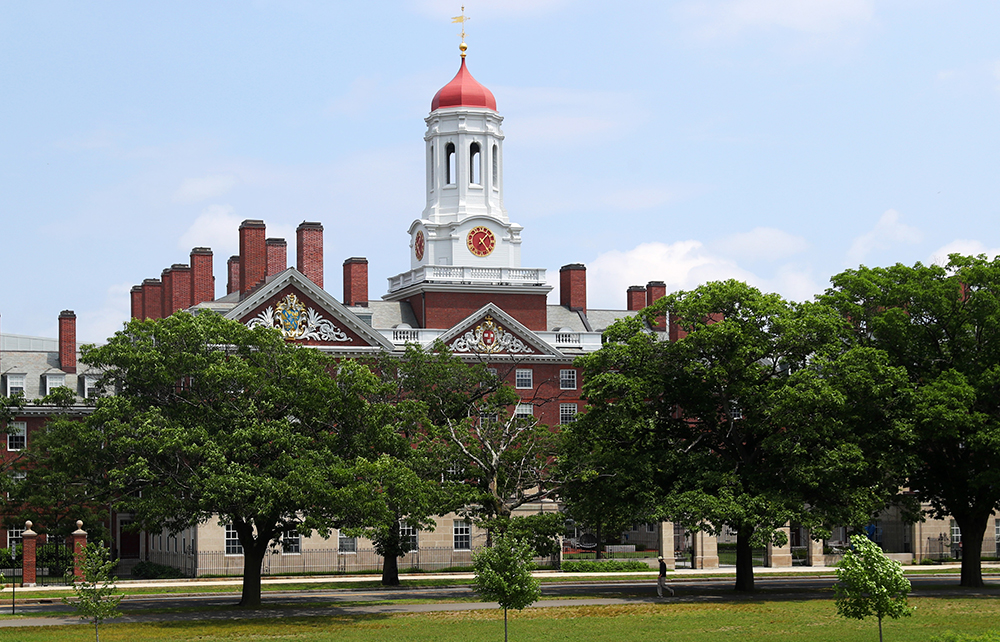A visit to Jerusalem last week reminded me of the enduring value of sociology as a discipline, despite its lamentable politicisation in recent times. The founders of sociology – I think especially of Max Weber – would have been fascinated by Israeli society. In their politics, Israeli citizens are deeply divided: there are 12 parties represented in the current Knesset, of which seven belong to the governing coalition. One regularly encounters protestors outside government buildings, but no two groups seem to be shouting the same slogans. And yet Israelis are growing together more than they are coming apart – and not just because of the 7 October attacks. It is a commonplace of commentary that the ultra-Orthodox Haredi community has cut itself off from mainstream Israeli society, its men devoted to Talmudic study, its women to child-rearing, neither contributing to the economy nor serving in the military. As the Haredi represent more than 13 per cent of the population, this self-exclusion is a problem for a country at war.

Get Britain's best politics newsletters
Register to get The Spectator's insight and opinion straight to your inbox. You can then read two free articles each week.
Already a subscriber? Log in







Comments
Join the debate for just $5 for 3 months
Be part of the conversation with other Spectator readers by getting your first three months for $5.
UNLOCK ACCESS Just $5 for 3 monthsAlready a subscriber? Log in